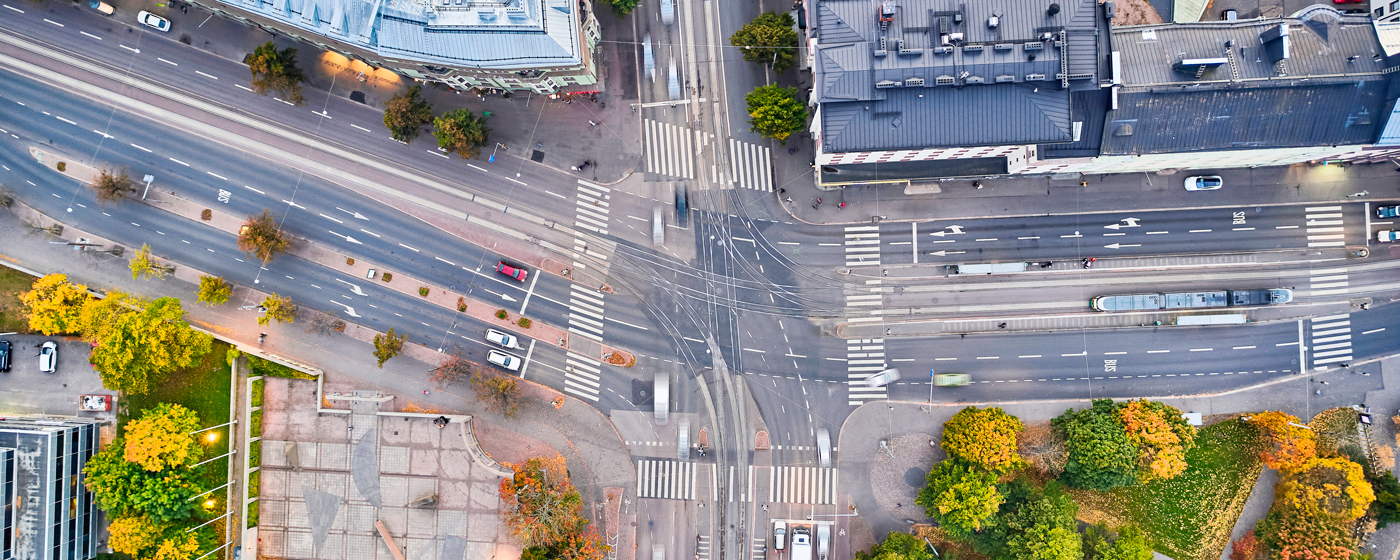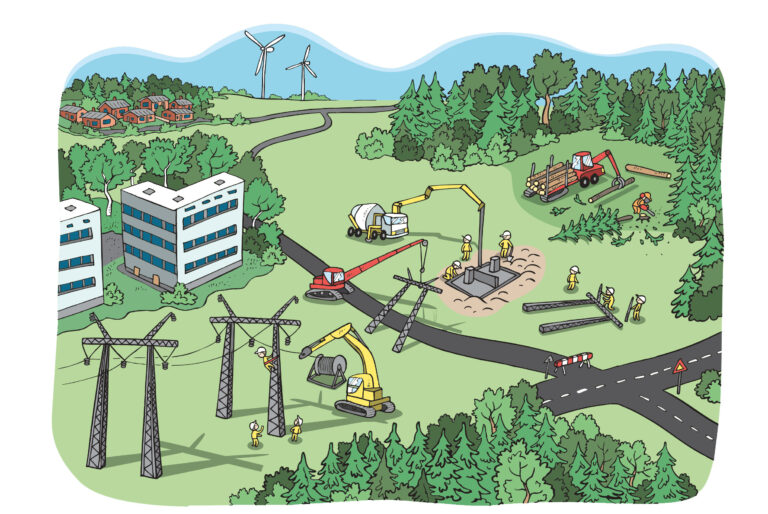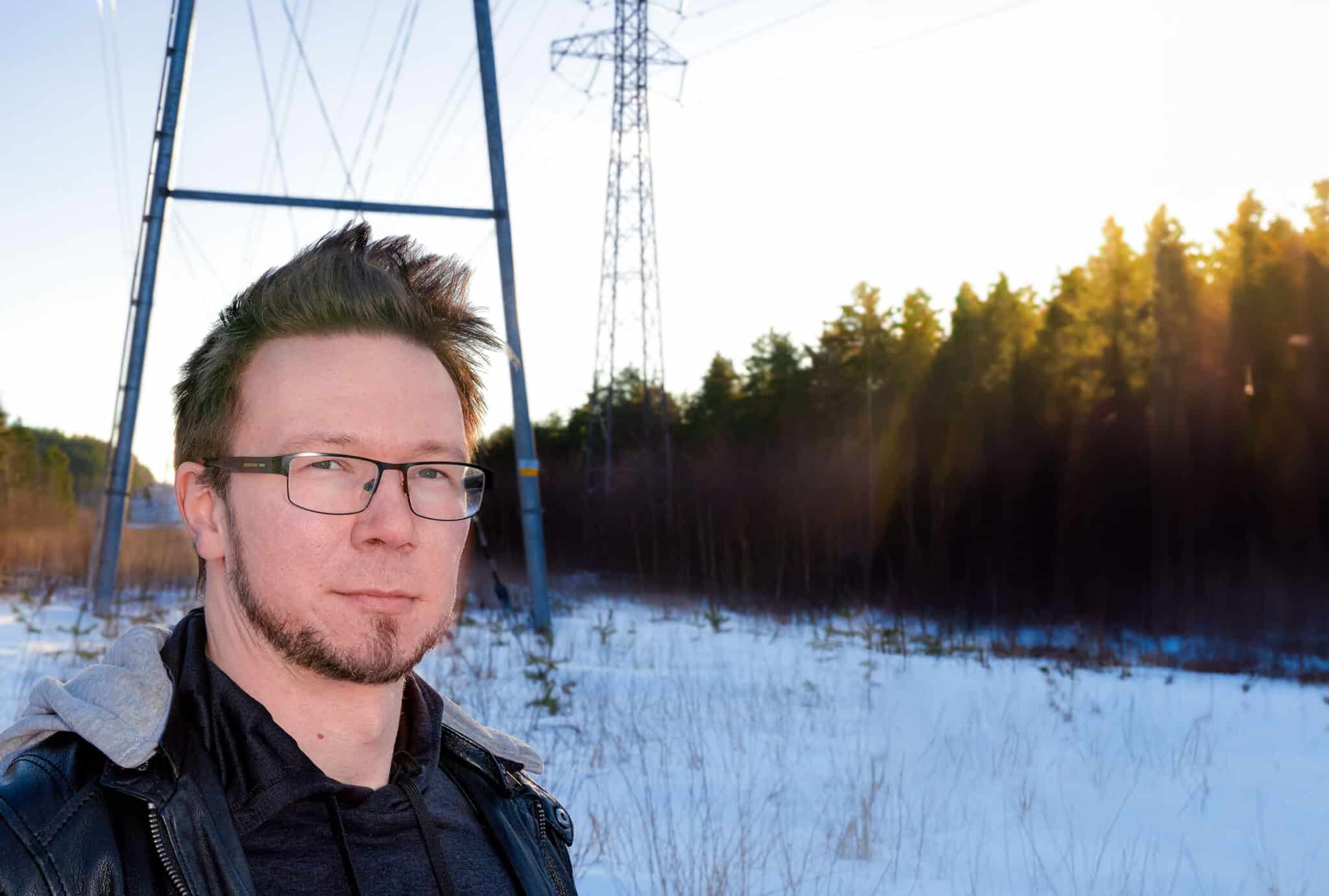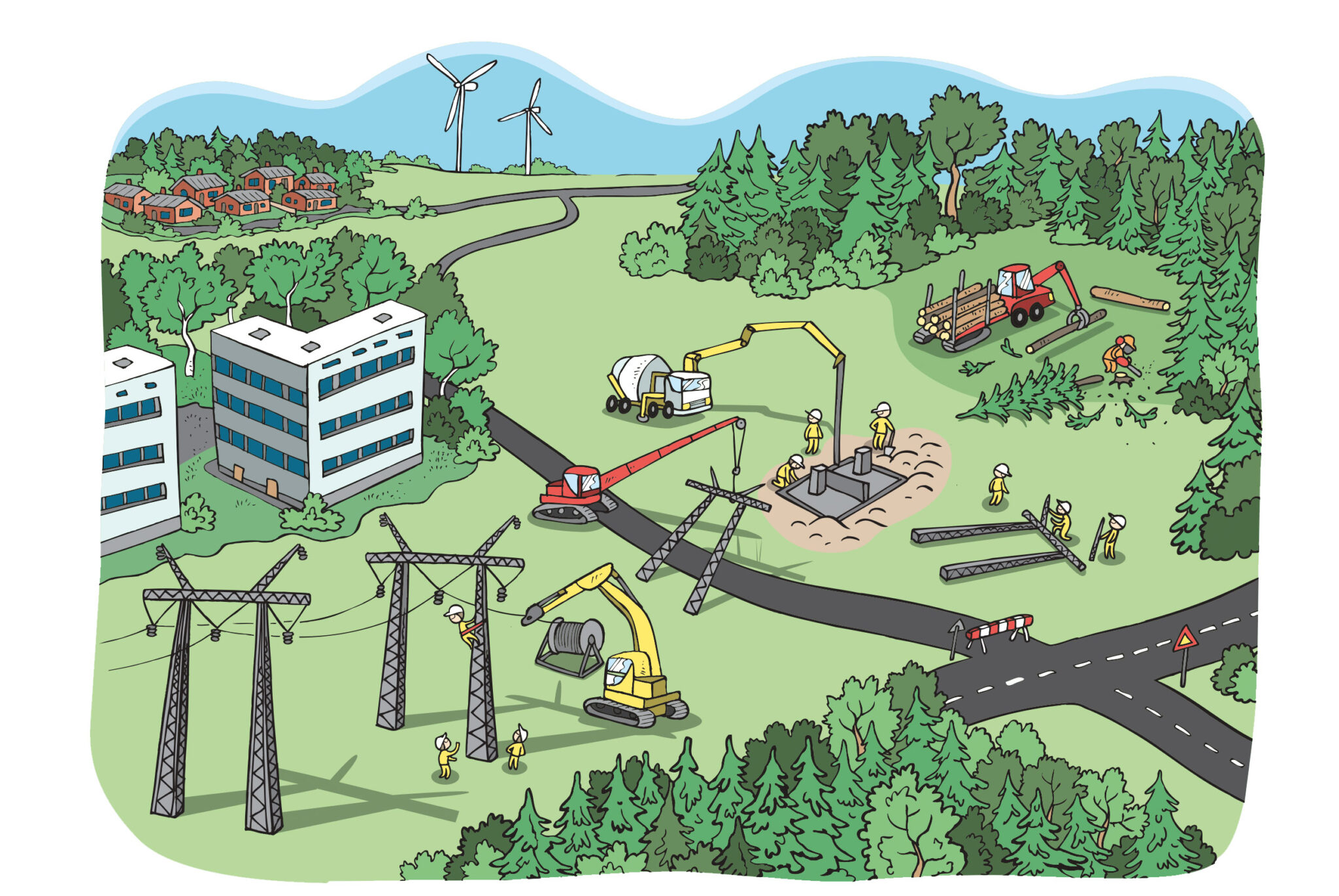The National Emergency Supply Agency has initiated an extensive, long-term programme of work that seeks to moderate the impacts of transformative societal and economic changes on the security of supply. The entity consists of four programmes: Energy 2030, Digital Security 2030, Logistics 2030, and Region 2030.
“The implementation of the energy programme has initially set its horizon at 2025. The aim is to take a networked approach with businesses, the public sector and the third sector to seek the means of safeguarding the energy supply in the event of future crises and ensure that life can go on with a minimum of disruption,” says Janne Känkänen, CEO of the National Emergency Supply Agency.
According to Känkänen, the role of the National Emergency Supply Agency is to act as a comprehensive security of supply hub, expert and financier when programmes are put into practice.
“It is our job to bring together entities in the region and the sector so we will be able to jointly develop tools for ensuring the security of supply in a changing operating environment,” he says.
A complex world is vulnerable
We are dependent on energy in many ways. There needs to be enough of it available for every consumer. Finland has a lot of energy-intensive industry. The distances are long, so transporting people and goods requires energy. Our northern location means we need a lot of energy for heating. Society is also electrifying and becoming more digital. In the future, we will be increasingly reliant on the security of the energy supply and the disruption-free availability of energy.
“We are living in a complex and interdependent world that is vulnerable to risks of various types. A disturbance in electricity distribution, world trade, or international logistics could cause a chain reaction in which a shortage of critical materials could lead to long-term crises. For this reason, forecasting, preparedness, and self-sufficiency are vital,” Känkänen says.
We are living in a complex and interdependent world that is vulnerable to risks of various types.
The value of energy accounts for half the stock balance
According to Janne Känkänen, the transformation of the energy system poses a challenge for energy stockpiling, as Finland is moving away from fossil fuels, which are easy to store, and replacing them with wind and nuclear power, which are currently more difficult to keep in reserve.
“It is still hard to say exactly how the various alternative technologies for energy generation and distribution will develop. However, I believe that new technologies will create new opportunities, including ones for guaranteeing the security of supply. This will ensure that the electrification of society and the carbon-neutrality target of the green transition can be realised,” Känkänen says.
At the moment, energy accounts for a major share of the National Emergency Supply Agency’s total buffer stocks. Fuels make up half of the balance sheet of stored materials, worth a total of two billion euros.
“Although we are heading towards the carbon-neutral era, our stockpiles will need to include fossil fuels as a backup system for a long time to come. In the future, we may well be the last party to have any coal,” he says.

Programmes implement the reformed strategy
The National Emergency Supply Agency’s four programmes will also promote its strategic objectives, which are to stockpile critical materials for society, forecast and analyse risks and threats, and develop networked operations.
“The coronavirus crisis revealed the vulnerability of healthcare with respect to the personal protective equipment, masks and visors that were needed. We have now contributed to the initiation of Finnish production of these goods to minimise our reliance on imports. The coronavirus also reaffirmed the importance of foresight and the need to be able to distinguish weak signals more systematically than before. Building a regular status overview and improving situational awareness will make it easier to prepare for future disturbances,” Känkänen says.
Building a regular status overview and improving situational awareness will make it easier to prepare for future disturbances.
Climate change affects the security of supply from two different angles. On the one hand, it necessitates new solutions for storing low-emission energy and electricity, and on the other hand, it calls for the ability to prepare for things such as extreme weather events.
“We are working on scenarios in an effort to reinforce our capacity to react rapidly to various crises and disturbances brought on by climate change,” Känkänen says.
Aiming for a more networked, more open, more transparent organisation
Cooperation with various specialists and societal actors will be enhanced in the future by strengthening networking activities.
“The National Emergency Supply Agency’s sectors and pools are an effective way of maintaining and developing the capabilities of companies in various fields to respond to disturbances and emergencies. We aim to promote a networked approach, so we are able to identify the things that are important to companies. At the same time, we want to generate clear added value for the companies involved in our pool operations, incentivising them to participate in our activities,” Janne Känkänen says.
Känkänen also wants to boost the National Emergency Supply Agency’s transparency and openness in the coming years.
“We have the obligation and the opportunity to inform society about our activities more extensively and engage in debate more actively in matters broadly related to the security of supply. At the same time, the security of supply involves some security-critical information, such as the details of stockpiles, which cannot be made public.”






